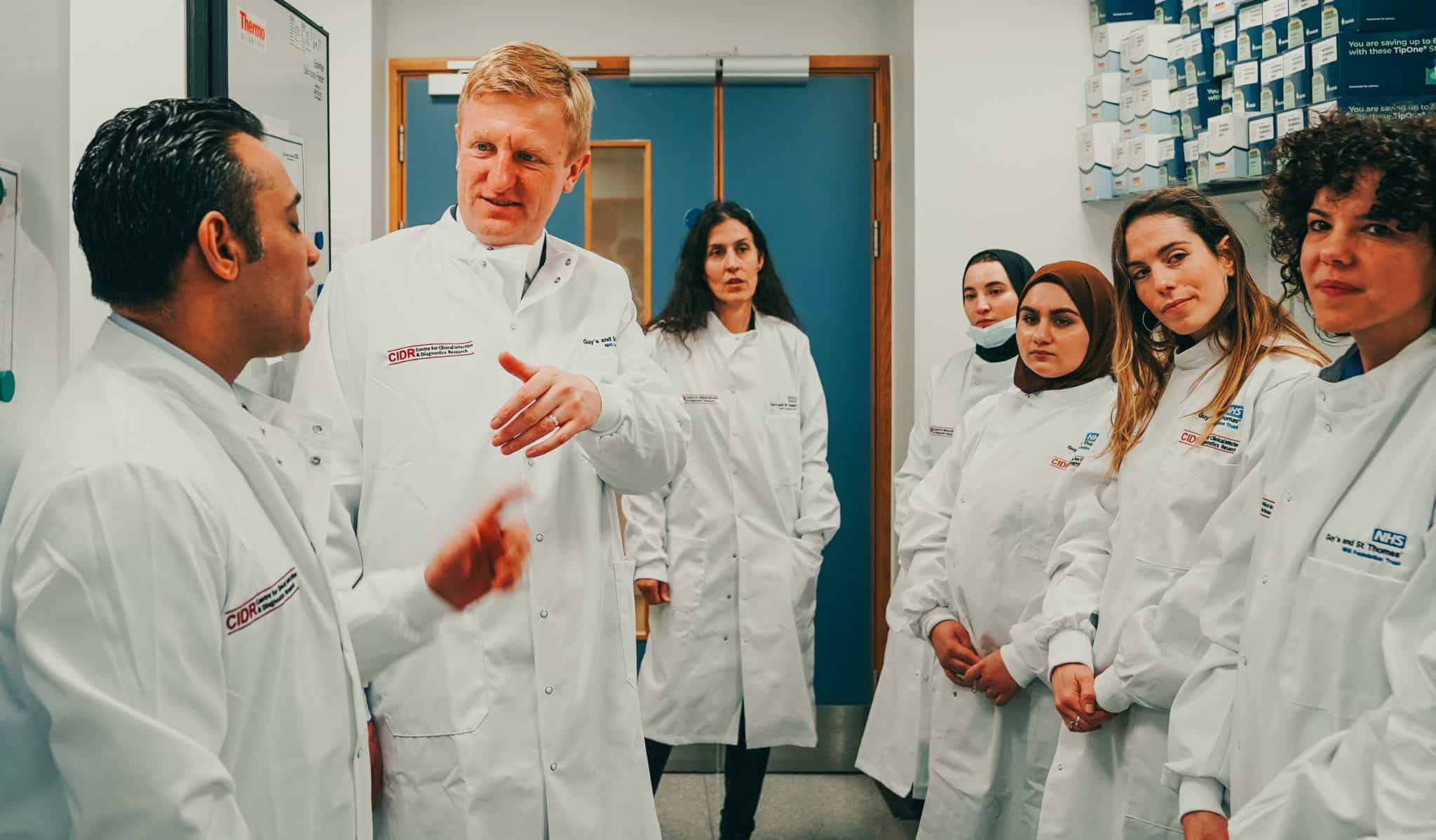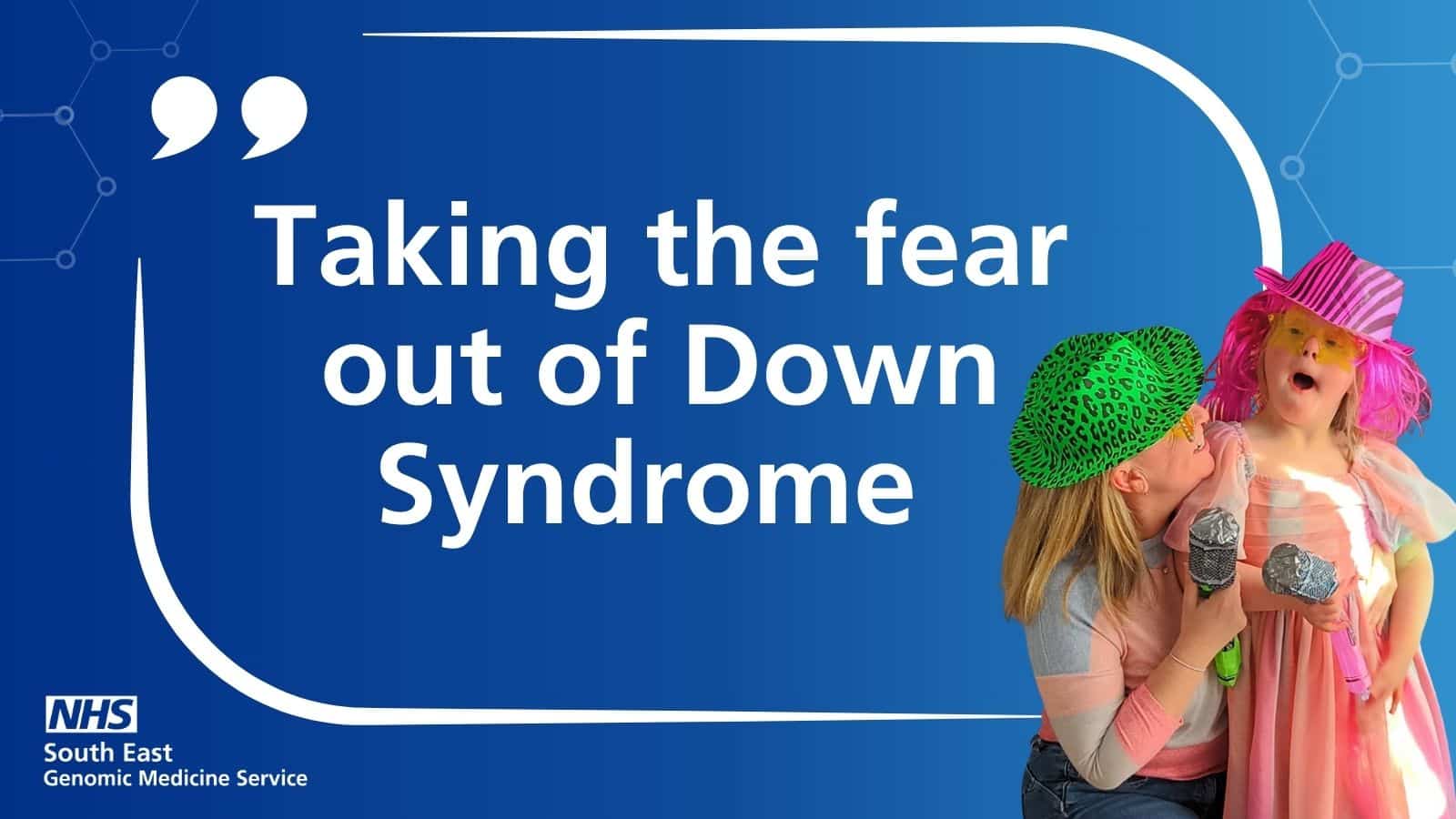New £3 million funding to expand rapid genetic testing to more patients

A new 2 year pilot, announced by NHS England and Department of Science Innovation & Technology, will offer the potential for faster diagnosis for patients struggling with infectious respiratory conditions.
The money will fund the expansion of the highly successful rapid genetic testing pilot undertaken by Guy’s and St Thomas’.
The study has trialled new technology which enables fast track genetic testing for patients with suspected respiratory infectious diseases, enabling people to get faster and more accurate treatment. This new funding will enable multiple hospitals, and their patients, to benefit over the next 2 years.
The Deputy Prime Minister, Oliver Dowden visited the laboratory at St Thomas’ Hospital this week to see the test in action.
Results from the initial pilot indicate that rapid genetic testing can help improve treatment in almost half of patients. It is intended that this work will help track the spread of respiratory diseases and help prevent new outbreaks.
The expansion of the pilot, which will be supported by South East Genomic Medicine Service and Central & South Genomics, will introduce new cutting-edge technology known as metagenomics into intensive care units across England. The test enables scientists to identify and sequence the genetic data from all bacterial, viral and fungal micro-organisms which might be causing the infection, with results back within 7 hours. Unlike other tests, metagenomic testing will pick up everything that is present, not just what you are looking for, or what you think may be causing the infection.
Traditionally, it would take microbiologists around 3 days to get a result, meaning that patients can now be given the right medication and treatment on the same day.

In response to the announcement, Ian Abbs, Chief Executive at Guy’s and St Thomas’ and Co-Chair of the South East Genomic Medicine Service, said, “It is vital that the sickest patients in our intensive care unit receive the right medication as quickly as possible. This new genetic test can make that happen and we are delighted that we now have funding to ensure other intensive care units, and their patients, can also benefit.”
The programme has received a £2.08 million investment from the Department of Science, Innovation and Technology alongside £1.3 million from NHS England for the first 2 years. The aim is that patients can benefit from the test by next winter (2024/25).


